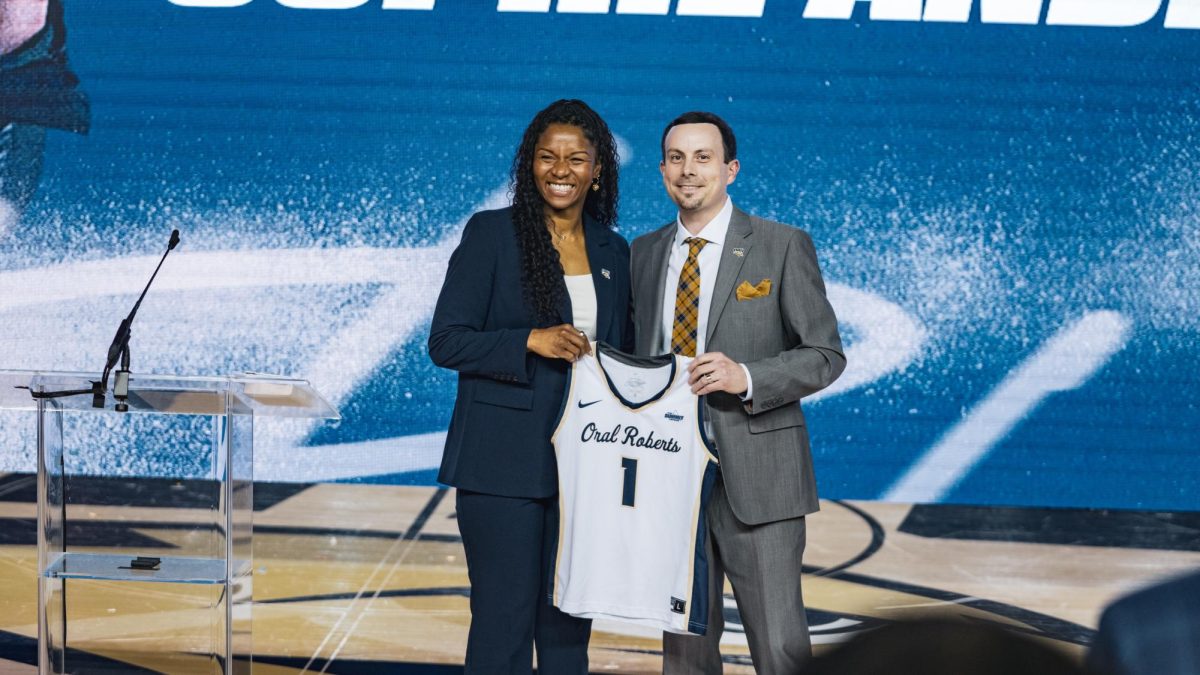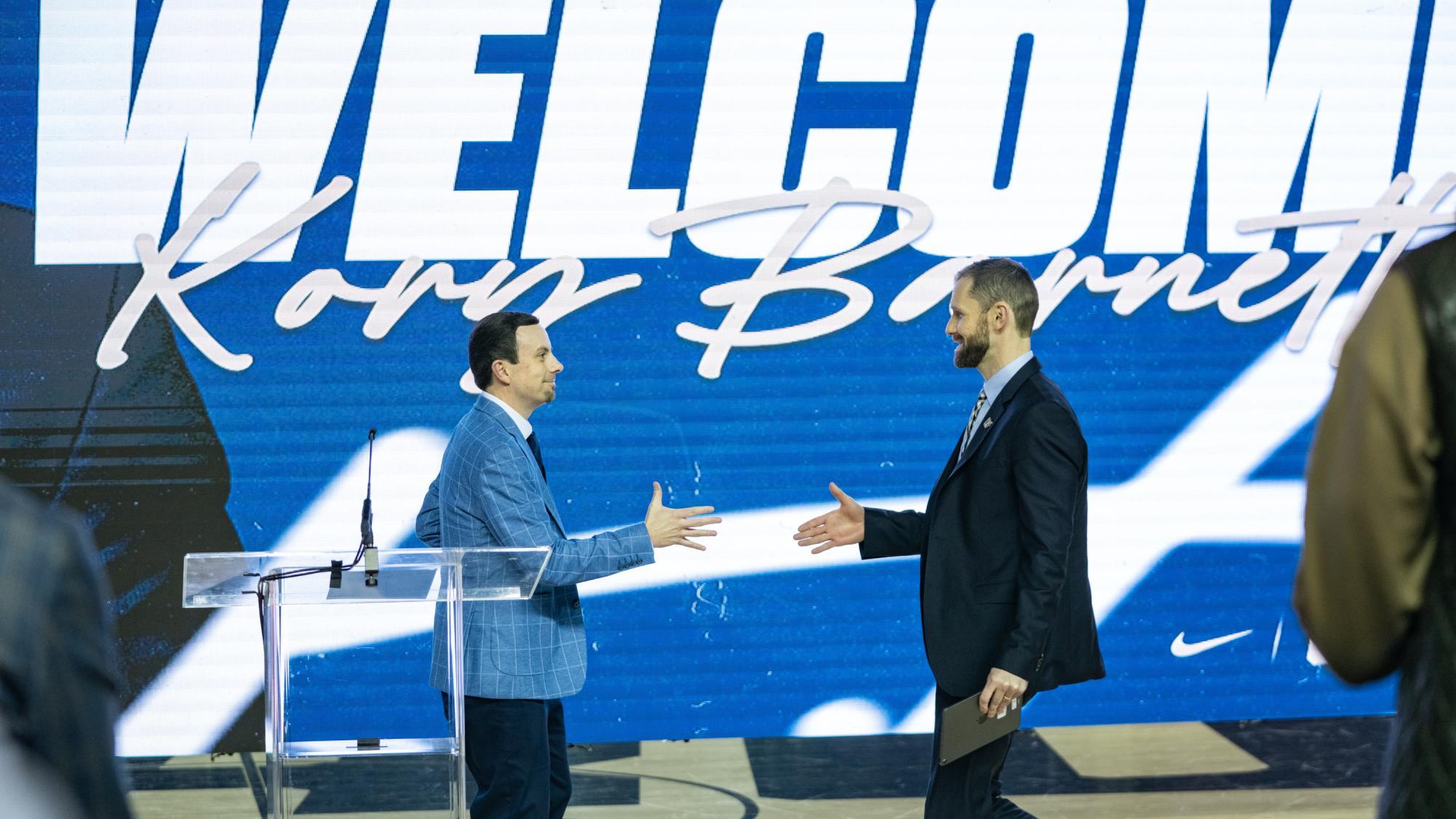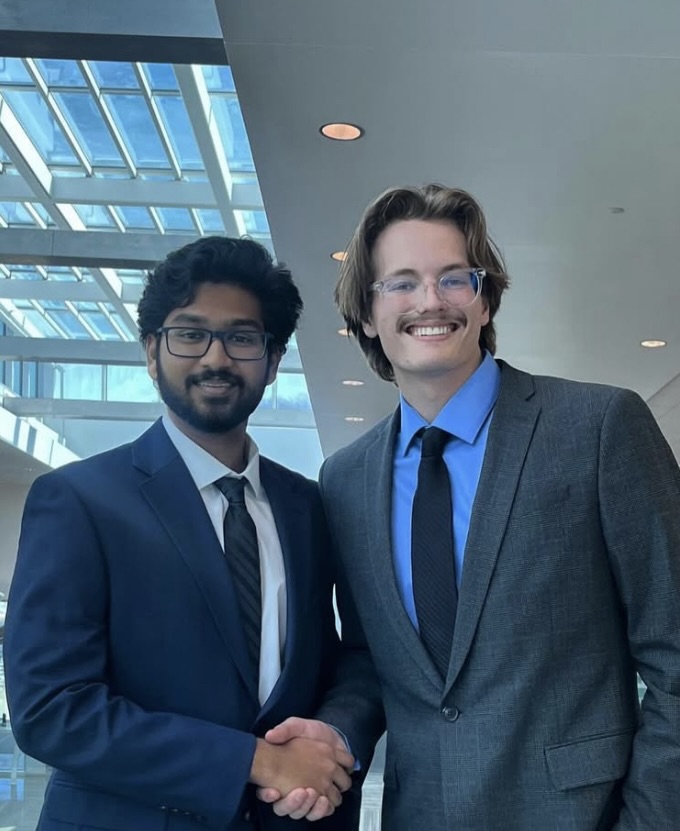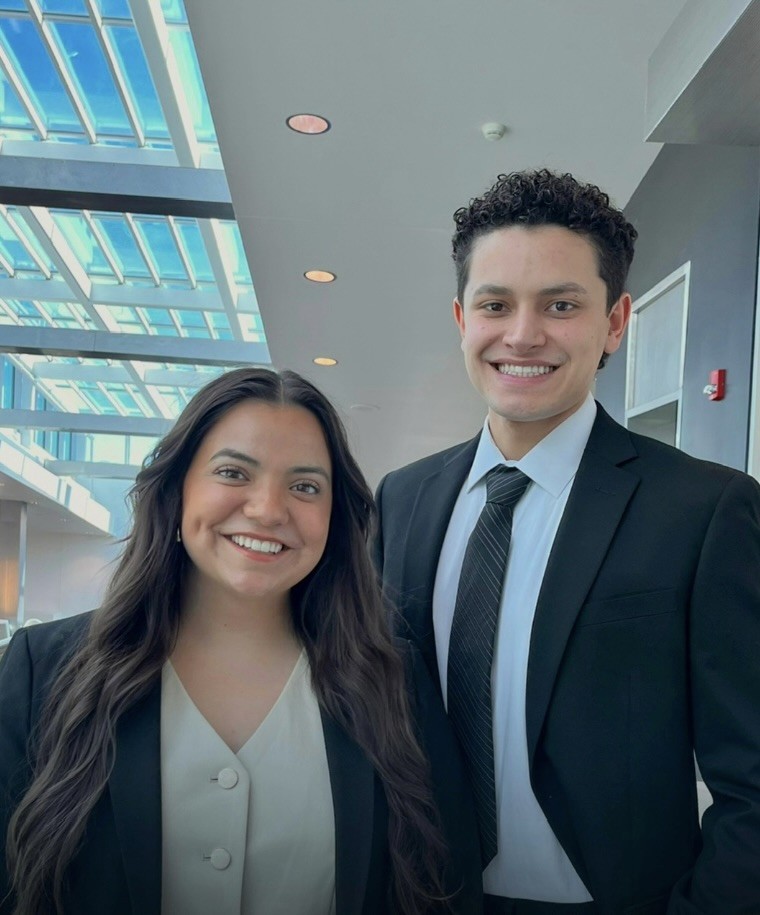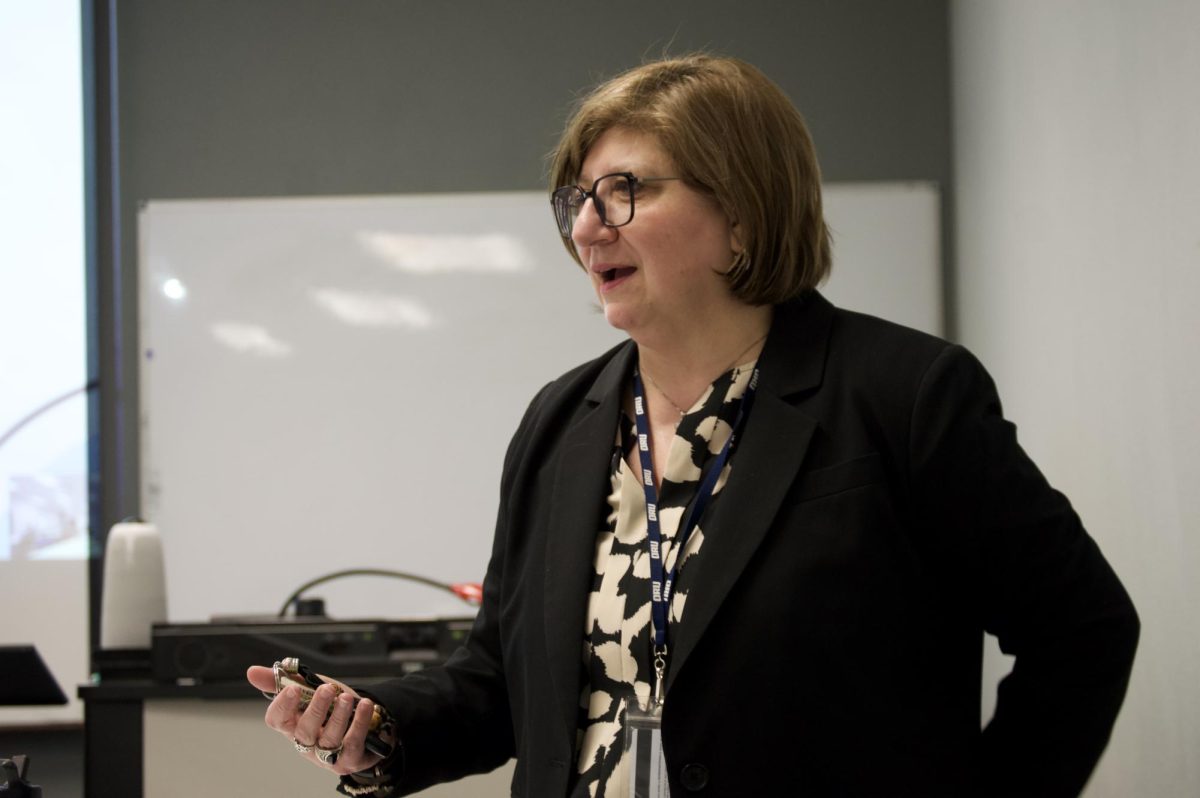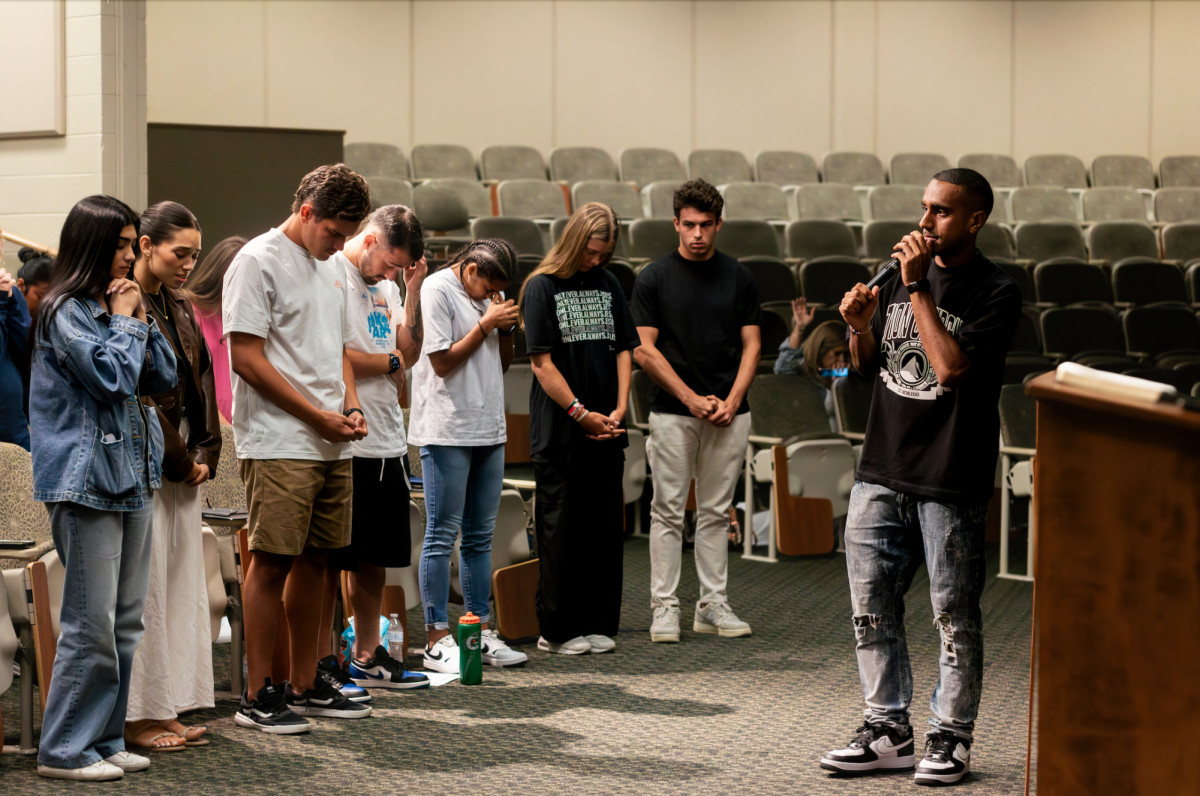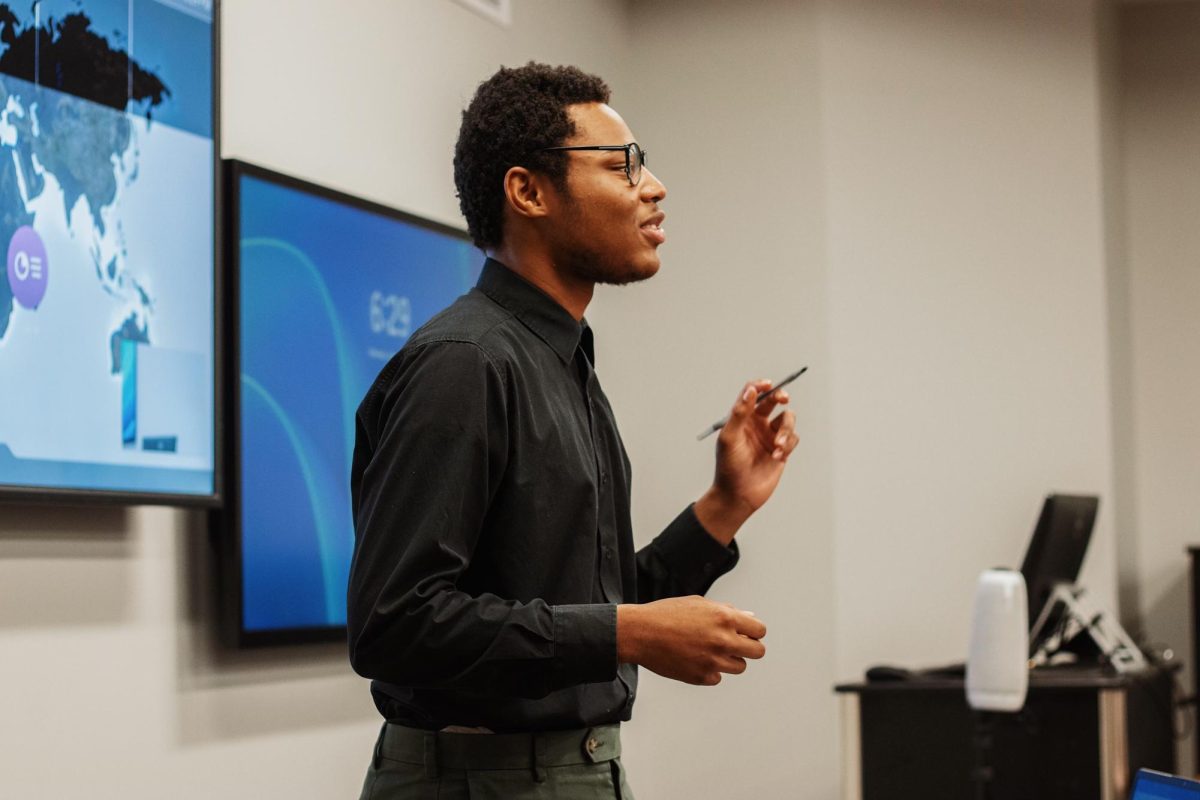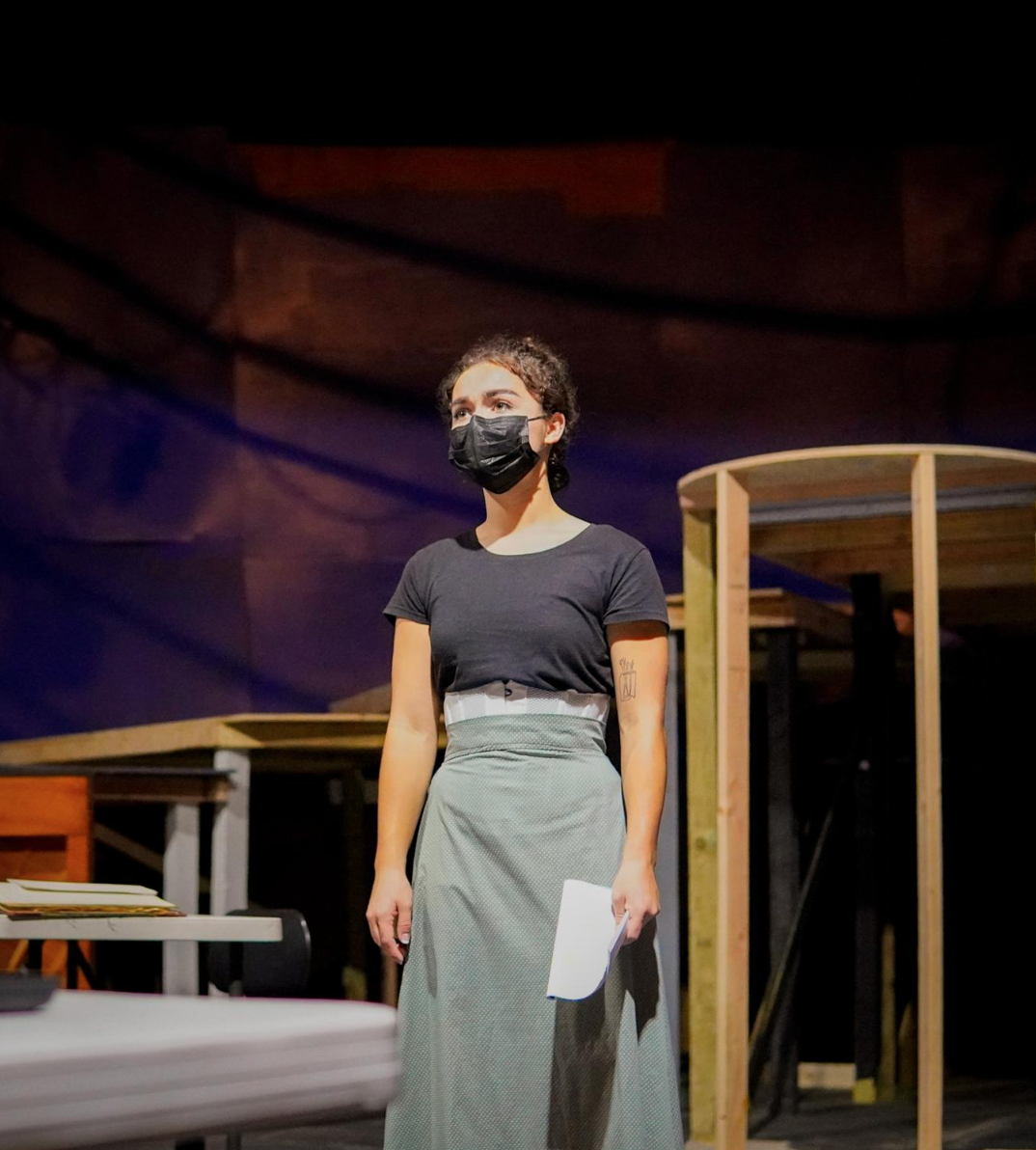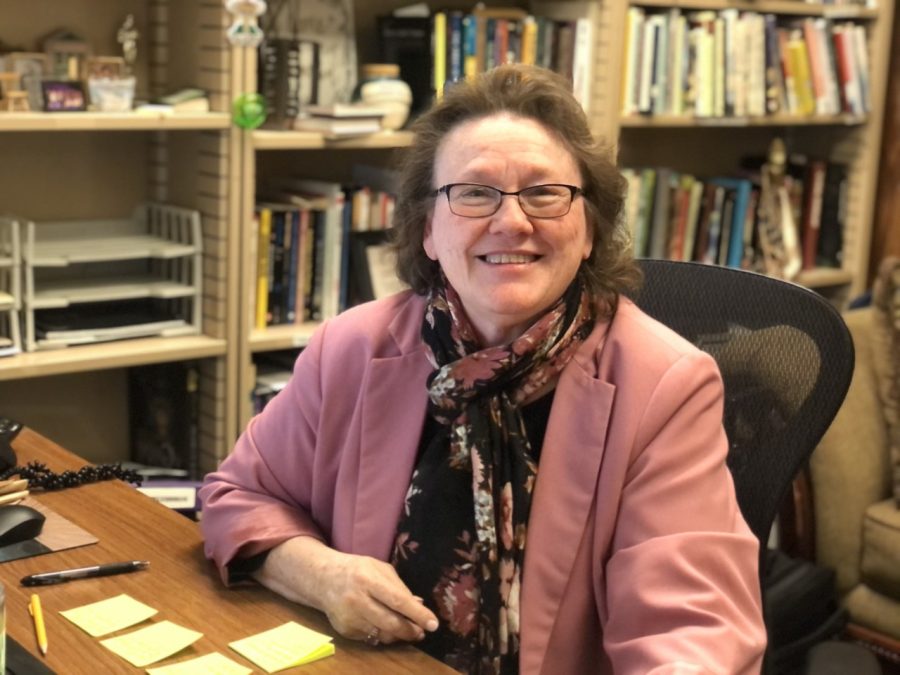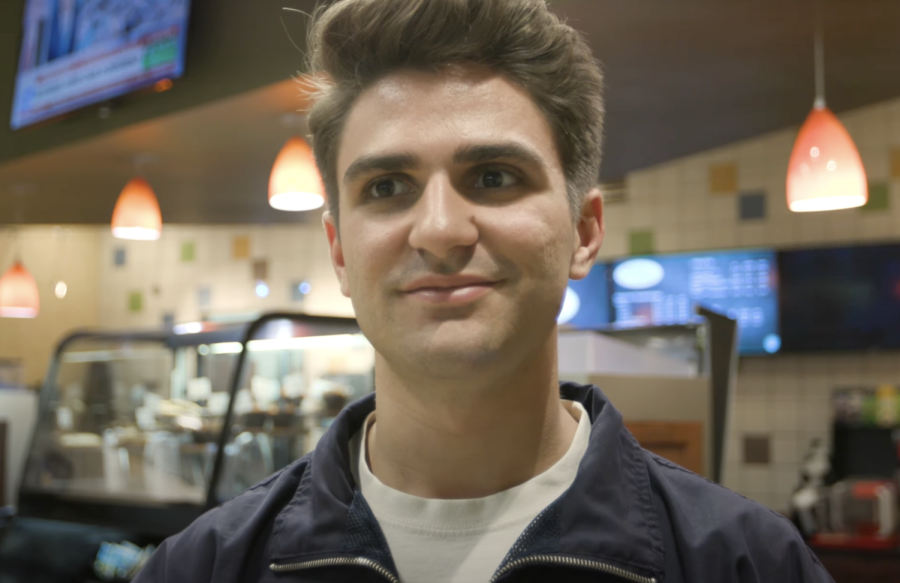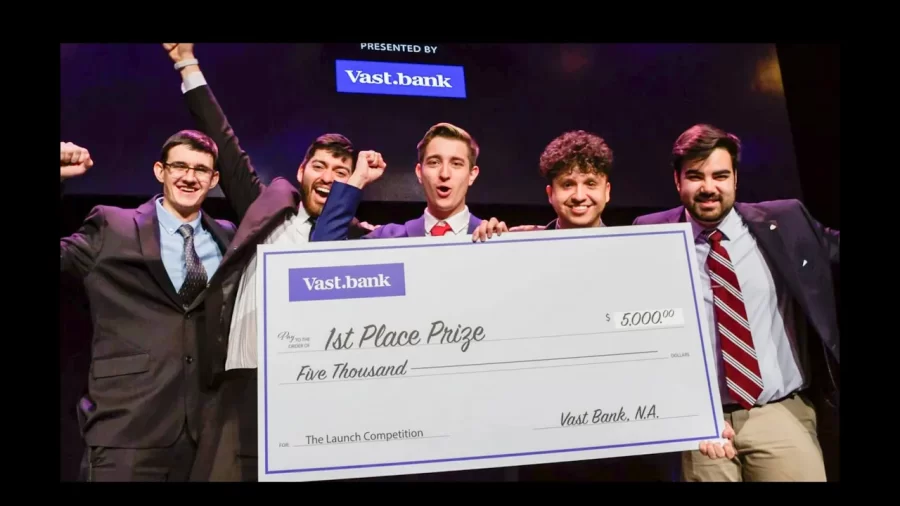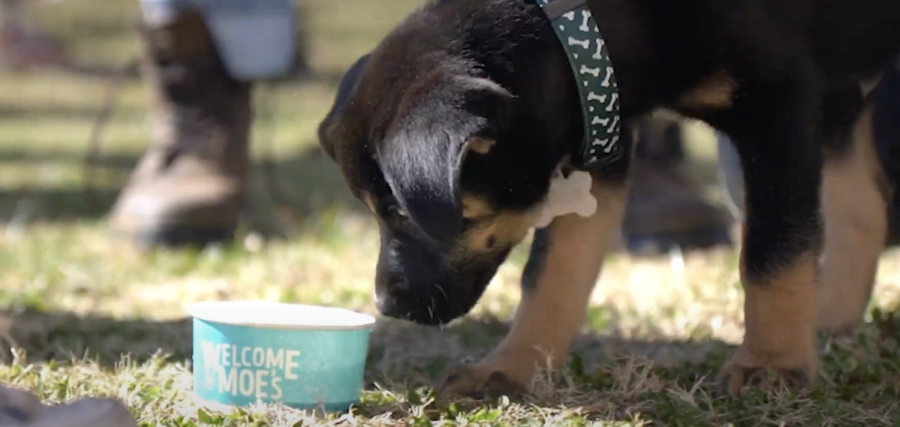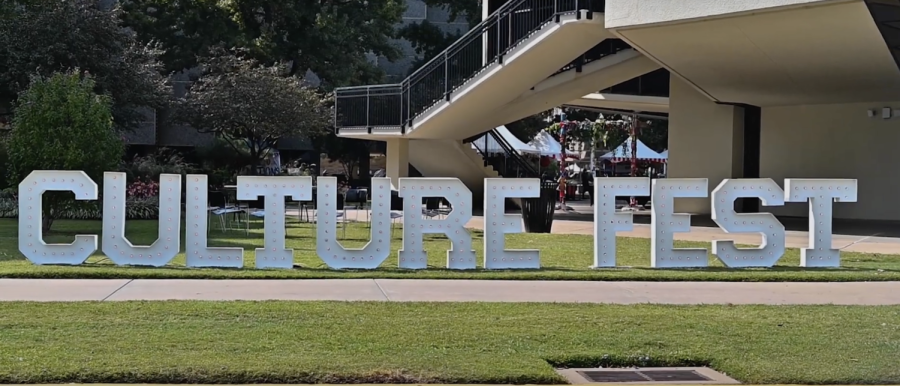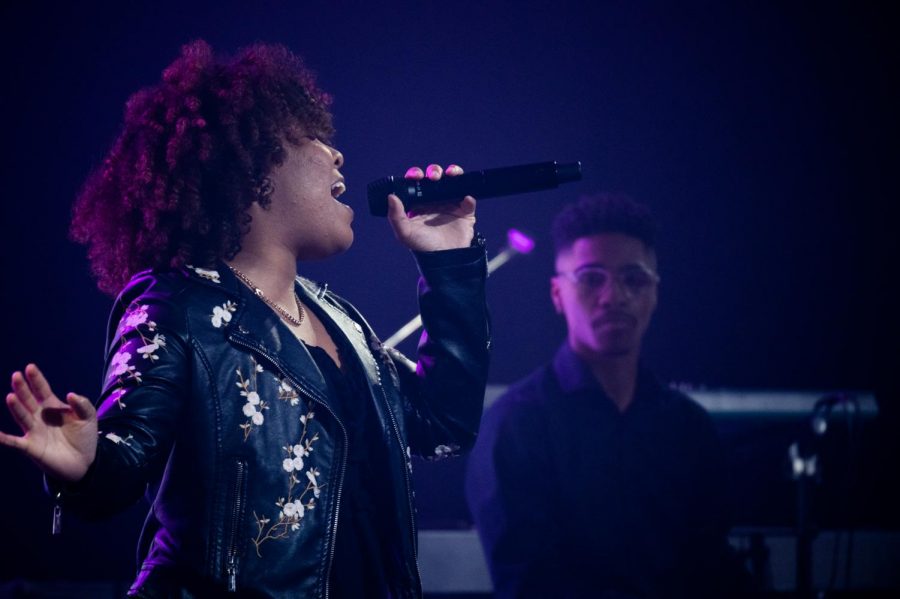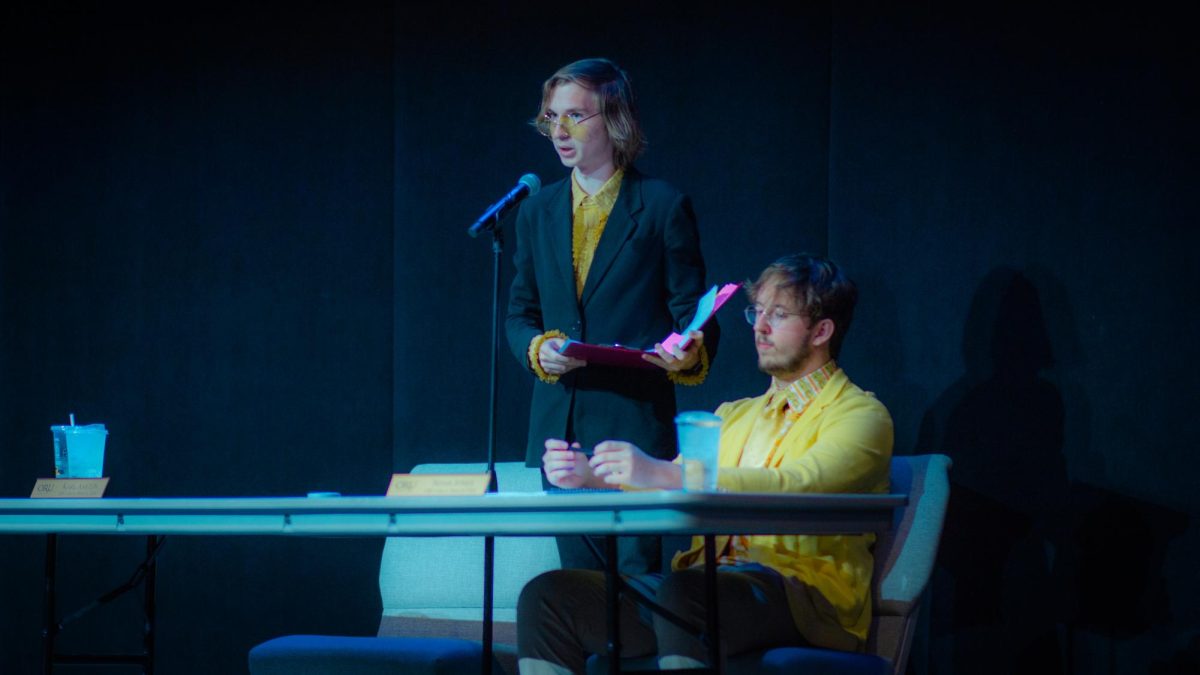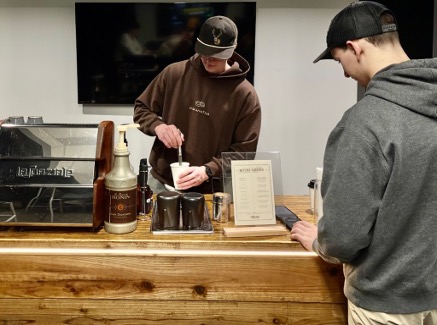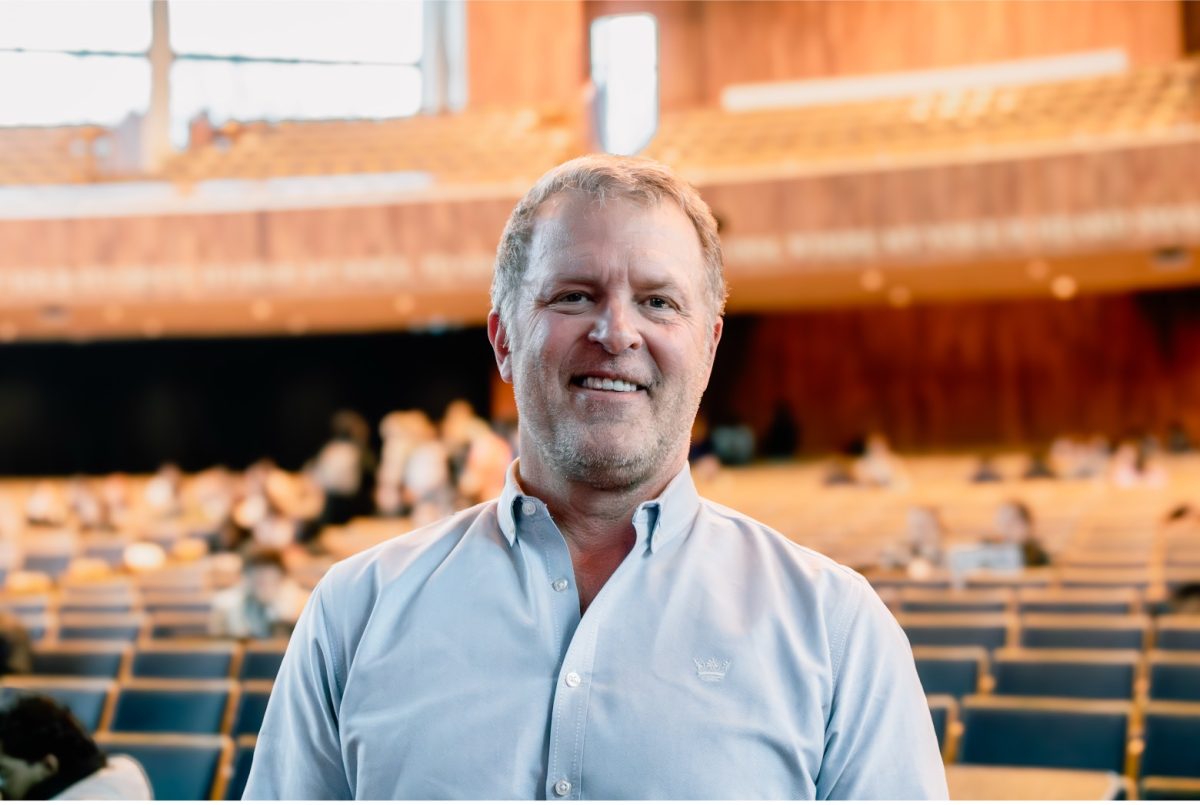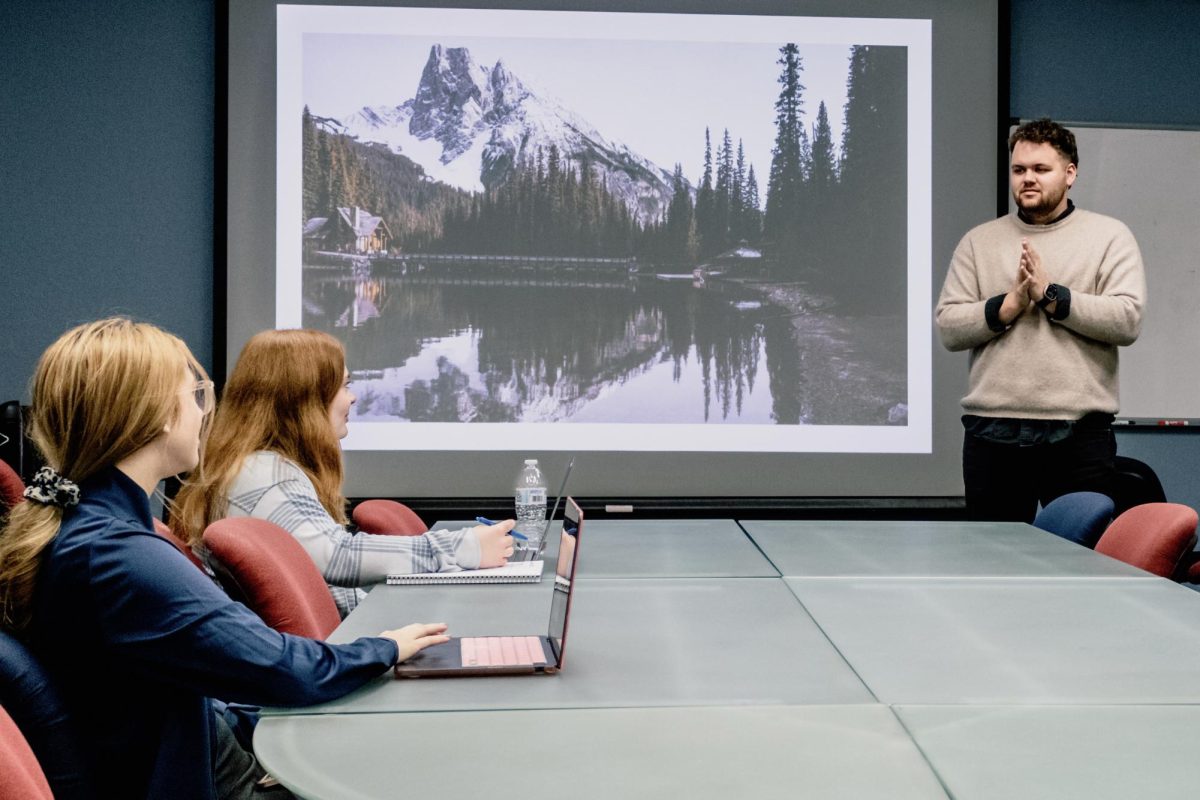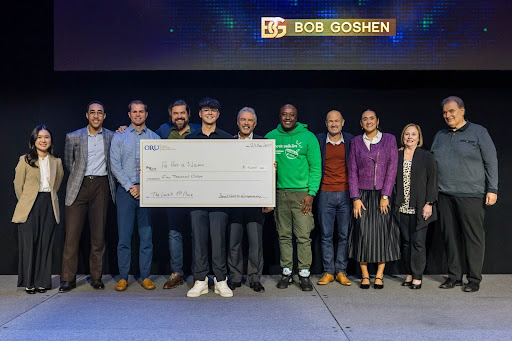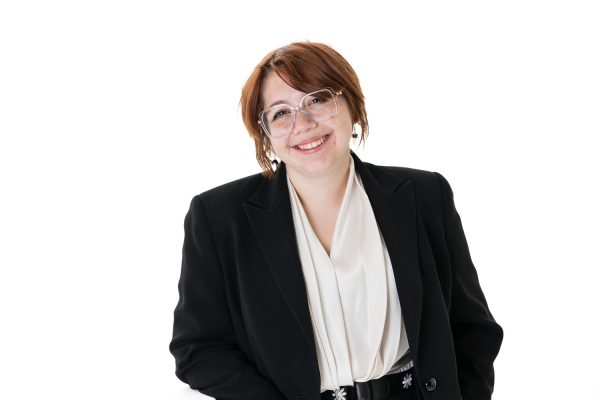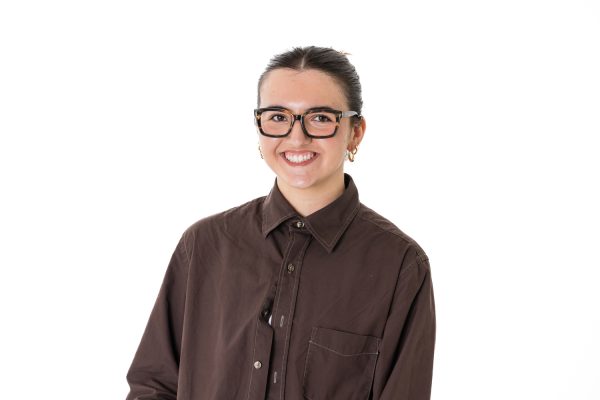For the first time in more than 13 years, the ORU debate team hosted an on-campus event this week, with members expressing themselves and debating in front of their peers.
The School of Communication & Public Affairs and the Oral Roberts University debate team presented The Great Debate, an American Lyceum-inspired event created to discuss current events that most affect the student population. To fuel the debate topics, the Oracle created an online survey administered across the ORU campus asking how important students deem various media and political topics.
The data was gathered via SurveyMonkey from Sept. 10 through Sept. 18 with 258 students participating.
The survey asked where students get their news, how they judge a news source and how interested they are in a myriad of political topics heavily covered in the current election cycle.
Professor Molly Brown, who serves as ORU’s debate team coach, found the students’ opinions very interesting when she compared her current students’ views to those of past students since she started teaching in 2011.
“People are speaking their minds more about opinions that are more partisan,” Brown said, “where in the past, I think people might have been more reluctant to talk.”
The media landscape has certainly changed since then, with people now relying on social media for information, Brown said.
The Oracle survey found most students, or 53.87% of respondents, get their information from social media such as Instagram, TikTok and YouTube.
“I think we’re running into the problems that arise because of the dependence on social media,” said Brown. “It’s [the media platform’s] job to keep people engaged in their site. And so, a lot of it is generally for engagement. I think that social media companies, if they’re really trying to promote engagement, are going to try to promote people to be upset about things.”
Out of the 258 students surveyed, 168 were registered to vote in the upcoming presidential election. For many, this is their first time voting, with 38 respondents saying they were planning to register before the election.
“Everybody has an opinion on this election, and students certainly are no exception to that rule,” Brown said.
In contrast to Brown, political science senior Patrick Humphrey had a more difficult time believing his peers were diving deep into national political topics.
“I guess I have a low opinion of the average student’s political engagement, but I know I’m encouraged by when I talk to the students,” Humphrey said.
What do the students care about? According to the survey, about two-thirds were either extremely or very interested in the economy, inflation and the cost of living, followed by U.S. immigration policy at 61.54% and student loan debt at 59.83%. ORU students were least interested in climate and environmentalism at 29.49%.
“College students care [about the cost of living] because it’s a topic where, immediately, we can see that things are more expensive now than they used to be,” Humphrey said. “That is an issue that college students generally worry about, like finding a job where they earn enough money after they graduate.”
On the ORU campus, 51.55% of students are most influenced by their faith-based values when it comes to how they view the 2024 presidential election.
Brown was surprised by what ORU students said affected their voting decisions.
“Friends were, surprisingly, one of the lowest categories,” Brown said. “Strangely enough, the university was tied, which I feel like is probably an outlier for college students.”
Regarding where students gain information about these topics, 42.25% care most about the source’s credibility.
“It seemed like the source is credible if they are unbiased, but the students say they also need to represent a Judeo-Christian viewpoint,” Brown said.
Humphery added, “there is good information on there, but it’s only really good for hearing what you already think because, of course, your algorithm is tailored to you. They are going to know what you think about politics. You might see some well-researched things within your sphere, but it’s not going to get much outside of that.”
The Oracle research led to the creation of the topics that were discussed at The Great Debate on Monday in the Global Learning Center auditorium, where about 50 students attended. The event was a organized by the ORU debate team and students in Dr. Paul Okoruwa’s Public Policy Research and Professor Becky Mills Campaigns & Elections courses.
This debate was an American Lyceum-Inspired event, meaning it was meant for students to come together to listen and learn from one another, Brown said.
The American Lyceum movement began in the early to mid-1800s, as a public platform for civic education and engagement. The events populated as the country migrated West and featured public lectures and debates on various social, cultural and political issues. The movement played a significant role in shaping early American public discourse, influencing the spread of knowledge and democratic ideals.
After the event, Brown commended her students on the way they debated in an easily digestible way.
“I was proud of how the students were able to talk about really complex issues in ways that politicians like professionals struggle to do,” Brown said. “I think that tonight, we showed people that there’s a better way.”

